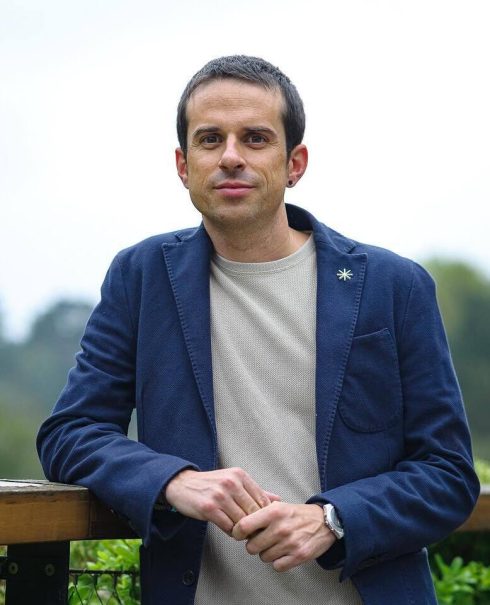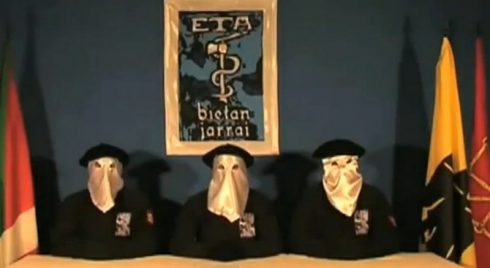THE Socialist-PNV coalition that has ruled the Basque Country since 2016 is set to remain in power in a huge relief for Prime Minister Pedro Sanchez despite record-breaking support for the far-left separatist EH Bildu party in Sunday’s regional elections.
The centrist PNV (Basque Nationalist Party) and the pro-independence EH Bildu, partly descended from the political wing of the now-defunct terrorist group ETA, tied on 27 seats each, falling short of the 38 needed to secure a working majority in the Basque Country’s regional parliament.
The Basque branch of Pedro Sanchez’s PSOE Socialist party proved kingmaker after winning 12 seats in the hotly-contested and at-times controversial election.
The PSE-EE, which have propped-up the nationalist PNV in coalition since 2016, are expected to continue to lend their support to the PNV, which received 30,000 more votes than their left-wing rivals.
PNV leader Imanol Pradales, who was attacked with pepper spray outside a party rally last week, is set to become the new president – or lehendakari – of the wealthiest Spanish region outside of Madrid, replacing the departing Iñigo Urkullu.

He said: “The diversity of our people has been reflected today in the ballot box and that reality must be respected”.
His party won 27 of the 75 available seats, a decrease of four since the most recent regional elections in 2020.
EH Bildu, initially outlawed by Spain’s Supreme Court when it was founded in 2011 thanks to its links with Batasuna, the banned political wing of the terrorist group ETA which killed 829 people during a brutal spree of violence, achieved their best result in history with 27 seats, an increase of six.
The PSE-EE secured 12 seats, an increase of two, whilst the Partido Popular (PP) won seven seats, an increase of one.
Far-left Sumar entered Basque parliament for the first time thanks to one seat, far-right Vox held onto their solitary seat, whilst left-wing Podemos exited parliament after losing all six of the seats they won four years ago.

Many experts viewed Sunday’s election as a potential trip hazard for the shaky government of incumbent PM Pedro Sanchez, who is likely to greet the results with a sigh of relief.
Sanchez was forced to rely on the support of both EH Bildu and the PNV to become PM in an investiture vote in November, four months after the inconclusive snap election.
The election campaign was engulfed in controversy last week after the EH Bildu candidate, Pello Otxandiano, was denounced as ‘cowardly’ and ‘disrespectful’ by PM Sanchez after referring to ETA as an ‘armed group’ rather than a terrorist group during a public debate.
Arnaldo Otegi, the party leader, joined ETA as a teenager and was later imprisoned for kidnapping, whilst 44 of the party’s prospective candidates in last year’s local elections were found to be convicted members of the terrorist organisation.
However, the party achieved record success with a manifesto focusing on health, housing and employment proving popular with the electorate.


